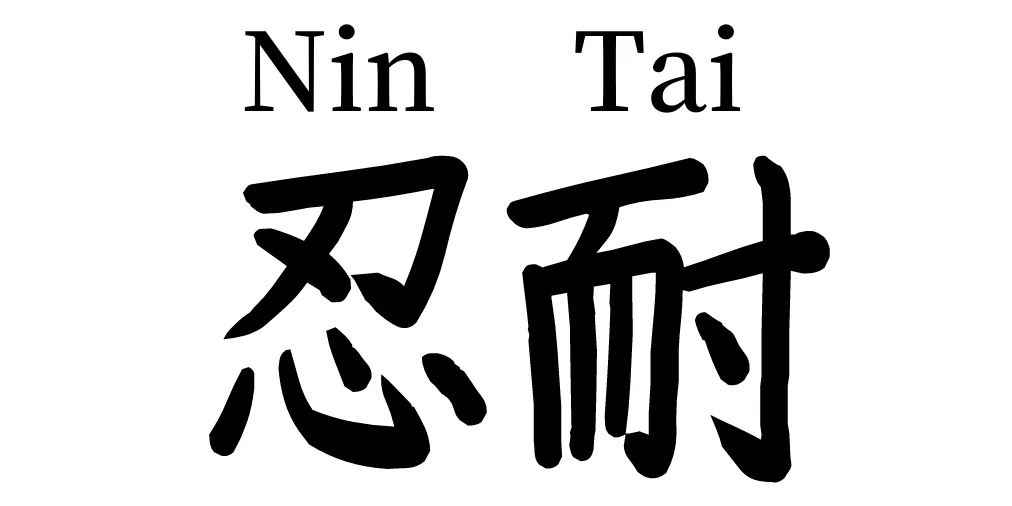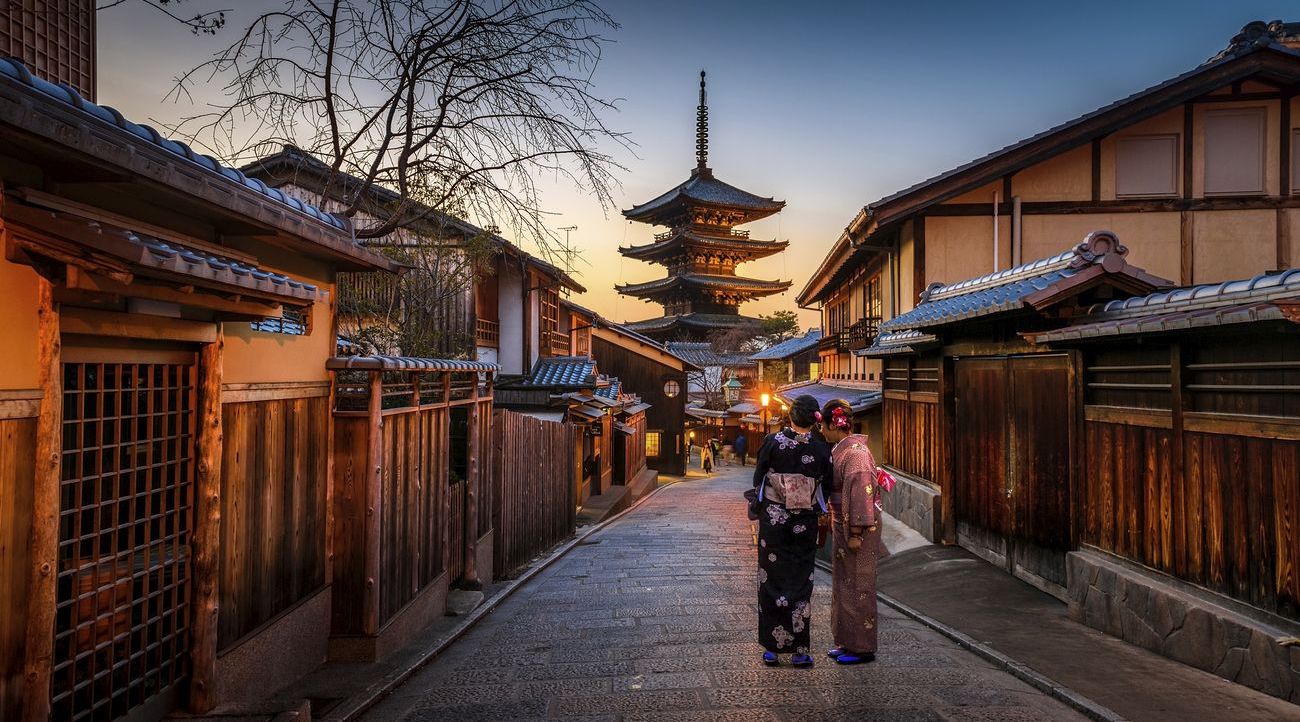Five Words You Need to Know to Understand Japanese Culture
Where it’s the cherry blossoms, samurai, sushi or manga, are you curious about Japan and its culture? Or perhaps you’re even thinking of learning Japanese? One of the best ways to learn about a culture is to begin to learn the language. In this post we introduce you to some important Japanese words that hold special significance for Japanese culture.

1. 和 (wa)
This word embodies the concept of harmony and is central to all that is Japanese. It is often used in the phrase “wa ni naru” which means “to become one with.” This concept is evident in many aspects of Japanese culture, from the way people treat each other to the way they live in harmony with nature.

2. 礼儀 (reigi)
This word refers to the etiquette and manners that are so important in Japanese culture. From bowing to using chopsticks, there are many rules of etiquette that foreigners may not be familiar with. But by learning and following these rules, you can show respect for the Japanese culture and people — this is a rich topic in itself, stay tuned for a blog post on this too!
3. 誠 (makoto)
Makoto means “sincerity” or ” honesty.” Another cornerstone of Japanese culture, it’s often cited as one of the reasons why Japanese people are so polite. By being sincere in your interactions with others, you can show them that you respect and value them.

4. 忍耐 (nintai)
This word refers to the concept of patience and endurance. Patience is a key virtue in Japanese culture, and is often required in situations where people must be calm and collected, such as in business dealings or during ceremonial occasions.
5. 倹約 (kenyaku)
This word means “frugality” or “thriftiness.” This quality is widespread in Japan and is often cited as one of the reasons why the country has been so successful economically. By being culturally inclined to be thrifty and avoid waste, Japanese people can help to ensure that the country’s resources are used efficiently.
